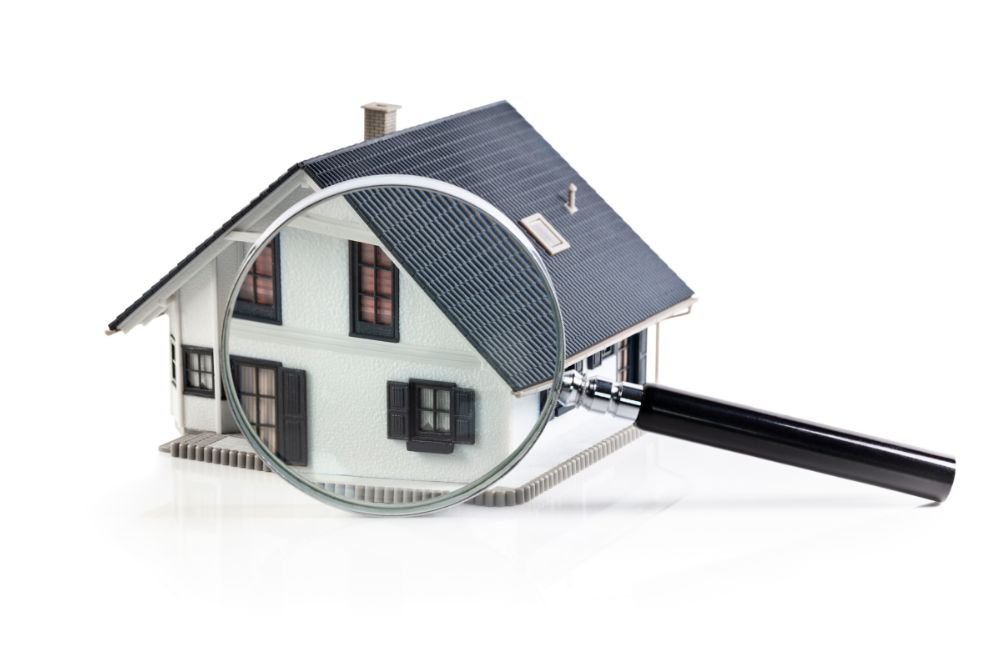Why You Shouldn’t Waive a Home Inspection

Why You Shouldn’t Waive a Home Inspection

Buying a home is one of the biggest investments you’ll make, and it’s normal to want things to go smoothly. However, in a competitive market, many buyers consider waiving a home inspection to speed up the process or make their offer more appealing.
While this decision might seem like a harmless shortcut, skipping a home inspection can lead to major regrets down the road. Here’s why you shouldn’t waive a home inspection and how it can protect your investment.
The Risks of Skipping an Inspection
Waiving a home inspection is like buying a car without looking under the hood. Sure, everything may look fine on the surface, but there could be underlying issues. Structural damage, faulty wiring, leaky plumbing, or mold can all go unnoticed until you’re stuck dealing with costly repairs. A professional inspection can reveal hidden problems, allowing you to move forward with confidence—or walk away before committing.
The Potential Hidden Costs of Waiving an Inspection
Think skipping a home inspection saves you money? Think again. Minor inspection fees pale in comparison to the financial burden of surprise repairs. Imagine discovering a cracked foundation, an unsteady roof, or an old HVAC system that needs to be replaced. These aren’t just minor inconveniences; they’re major expenses. By investing in an inspection upfront, you can potentially save thousands of dollars in unanticipated costs.
The Value of Peace of Mind: Inspections and Your Future Home
When you purchase a home, you want to feel secure knowing your investment is solid. A thorough inspection provides peace of mind by confirming whether the property is in good condition.
Additionally, inspections often include specialized checks like radon testing. If a home has elevated radon levels and doesn’t have a mitigation system, an inspection can reveal the need for one. Even if a home already has a radon mitigation system, the system still plays a role in the inspection process because it will need to be evaluated. Inspections help protect your family from harmful health risks.
The Role of an Inspection in Negotiations
A home inspection isn’t just about identifying problems—it’s also a powerful tool for negotiation. If your inspector uncovers issues, you have leverage to ask the seller for repairs, a reduced price, or credits at closing. Without an inspection, you’re essentially ignoring one of the few opportunities to advocate for yourself in the buying process.
Common Issues Found During Home Inspections
Home inspections frequently uncover red flags that buyers might not notice on their own. These issues can include faulty electrical systems, deteriorating roofs, water damage, drainage issues, or pest infestations. Having the knowledge of these potential problems upfront allows you to make an informed decision about whether to proceed with the purchase or look elsewhere.
Waiving a home inspection may seem like a fast track to owning a house, but it’s a risky gamble that can cost you in the long run. An inspection ensures your future home is safe, free of major issues, and worth the price you’re paying. Understanding why you shouldn’t waive a home inspection will help you protect your investment, your wallet, and your peace of mind. After all, your dream home should never turn into a nightmare.






